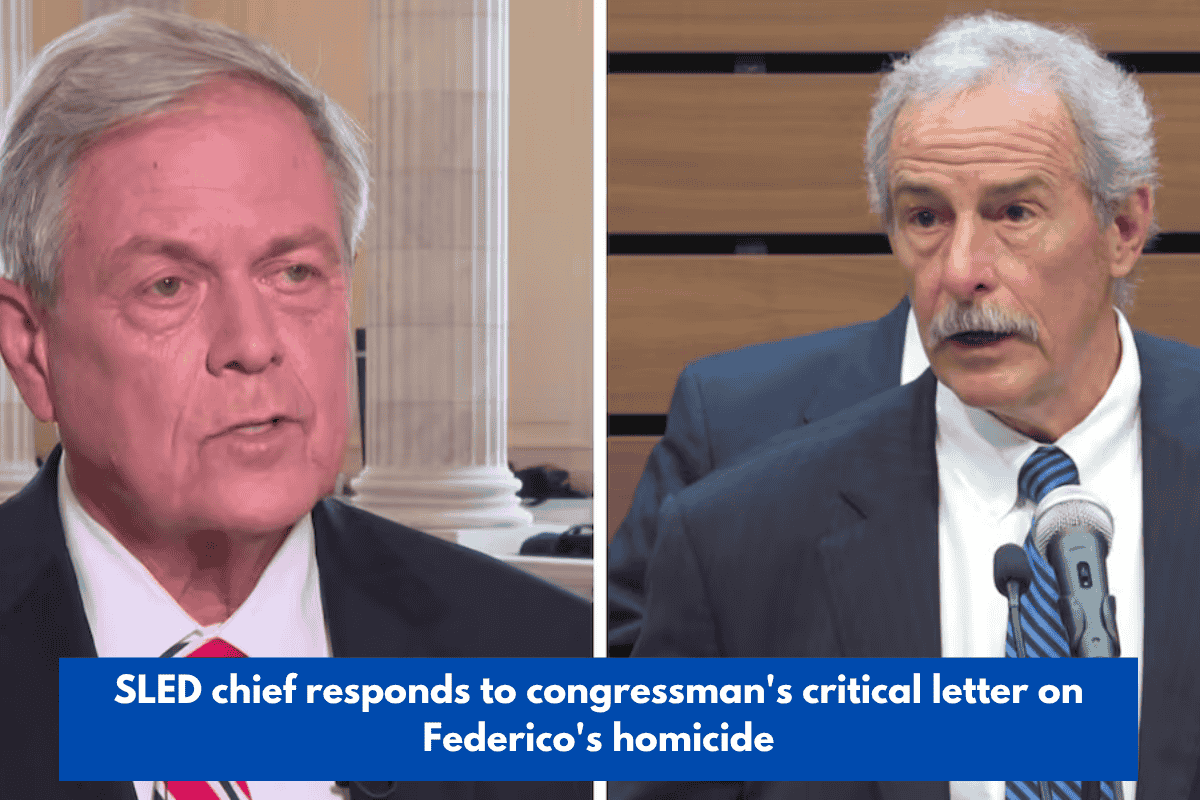The U.S. Department of Justice (DOJ) is urging a federal court to sentence Edward Kelley, 35, to life in prison after he was convicted of plotting to murder federal employees, including FBI agents. Kelley, a Maryville resident, was convicted in November 2023 by a jury in the Eastern District of Tennessee on charges of conspiracy to murder federal employees, solicitation to commit a crime of violence, and influencing a federal official by threat.
In its sentencing memorandum filed on Tuesday, the DOJ described Kelley’s crimes as “unquestionably serious” and labeled his conduct as remorseless. The government emphasized that Kelley’s lack of remorse and refusal to take responsibility for his actions make him a significant threat. According to the DOJ, Kelley’s behavior throughout the case, from his crimes to his trial, demonstrated a dangerous disregard for the law and a commitment to continuing his criminal actions.
Kelley’s Claims and Legal Battle
Kelley, who was found guilty in a separate case for his involvement in the January 6 Capitol riot, had earlier attempted to claim that his murder plot case was connected to the events surrounding the Capitol attack. He filed a motion in January 2024 seeking to have his conviction dismissed or vacated, arguing that his actions were related to the insurrection. Kelley also sought to invoke a pardon issued by President Trump, which was granted to many individuals involved in the Capitol riot.
However, U.S. District Judge Thomas Varlan, appointed by George W. Bush, rejected Kelley’s argument. Varlan ruled that there was no overlap between the charges in the Tennessee case and those stemming from the Capitol riot, as the offenses were unrelated in terms of both time and place. Kelley’s claim that his murder plot case should be covered by Trump’s pardon was also dismissed, with the court noting that Kelley’s actions in planning the murders of law enforcement officers occurred well after the January 6 attack and were unrelated.
The Murder Plot Against Law Enforcement
The DOJ provided additional details of Kelley’s plot to murder FBI agents, emphasizing the seriousness of his intentions. According to the prosecution, Kelley had compiled a “kill list” of law enforcement targets, including FBI agents who had investigated him for his role in the January 6 riot. Kelley allegedly distributed this list to other individuals, along with images of his targets. He also discussed his plans for “assassination missions” to carry out these murders.
The government argued that Kelley had actively sought out weapons and ammunition to execute his plans, despite later claiming to have gifted these items to a friend. Prosecutors noted that the evidence clearly showed his intention to carry out the murders. Kelley’s belief that he was justified in his actions as a “self-proclaimed patriot” only increased the urgency of his punishment, according to the DOJ.
Kelley’s Prior Convictions Related to January 6
In addition to the murder plot case, Kelley was convicted in relation to his actions during the January 6 Capitol riot. He was found guilty of three felonies, including civil disorder, destruction of government property exceeding $1,000, and assaulting or resisting law enforcement officers. Evidence from the trial revealed that Kelley had attacked a police officer while storming the Capitol building in Washington, D.C.
Kelley’s violent behavior didn’t stop with the Capitol riot. As his trial for the January 6 charges was ongoing, Kelley was planning further violence, specifically targeting law enforcement officers. The government presented evidence that Kelley’s criminal conduct had escalated from his participation in the Capitol insurrection to plotting the murders of those involved in investigating him.
What’s Next for Kelley?
With sentencing scheduled, the DOJ has made its position clear: Kelley is a dangerous individual whose actions pose a significant threat to public safety. The government’s recommendation for a life sentence reflects the severity of his crimes and his continued belief in the justification for his violent behavior. Kelley’s defense attorney, Mark Brown, has argued that certain uncharged allegations should not be included in the case, but the court has yet to make a final determination.
As the case progresses toward sentencing, it is evident that Kelley’s crimes, both in relation to the Capitol riot and his plot to murder law enforcement, will have lasting consequences. The judge’s upcoming decision will determine whether Kelley will spend the rest of his life behind bars for his role in planning violence against federal employees and law enforcement.














